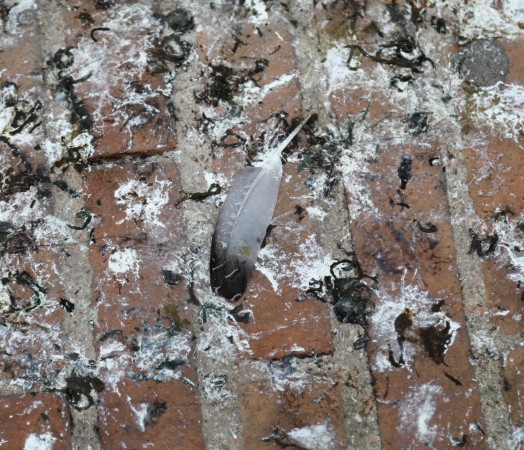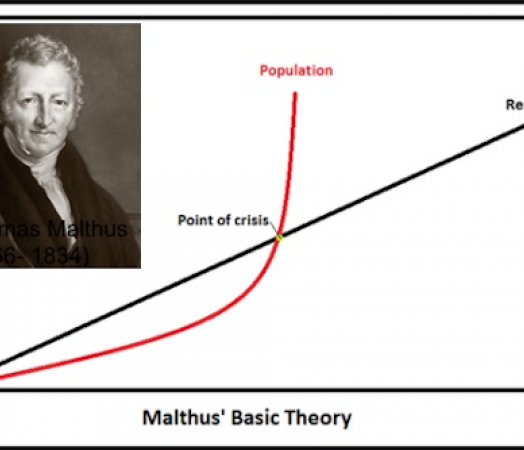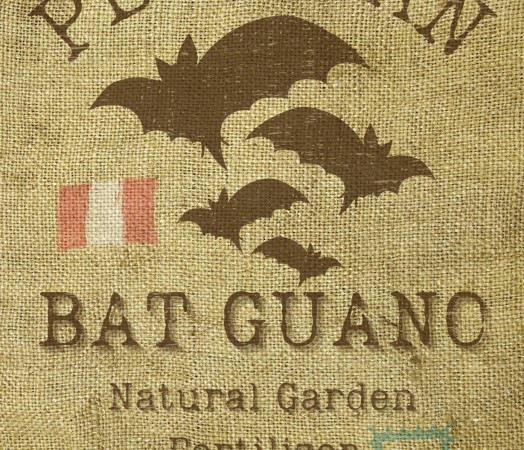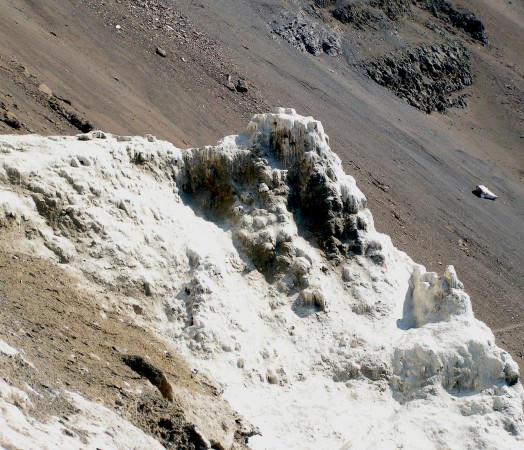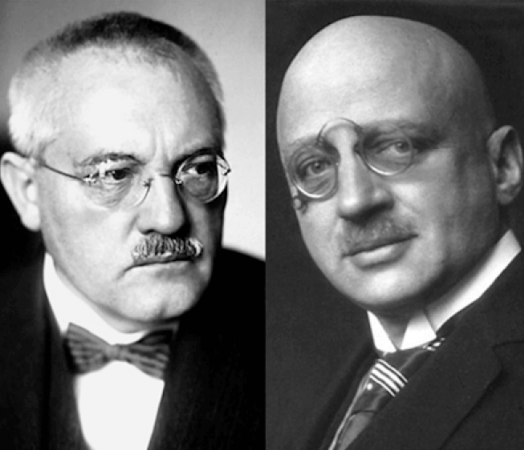Why do we call bird poo 'Guano?'
Tuesday 6th April 2021
A brief history of guano- the poo that grew the western world
Looking for a guano cleaning service? Have a look at these top tips or use the contact button at the bottom of this page.
At Dealey we often talk about guano.
We offer guano clearance services, guano cleaning and pest bird abatement to stop the deleterious effects of guano.
Guano? What on earth is guano? Well let me tell you.
Guano is a word for bird poo. End of blog? Not quite.
Why do we call it guano? Why not just call it bird poo? Well for one, bird poo or bird faeces are not the best phrases with which to kick off some marketing material.
Secondly, guano has an amazing history. Guano is an Andean word. It is from the Quechuan word “Wuano” which means a large accumulation of excrement from seabirds or bats. We have used the word guano in the western world for several hundred years and guano itself used to be commonly traded as a commodity across the globe. Seems strange? Let me explain.
In his famed and controversial paper “On the Principal of Population,” the reverend Thomas Robert Malthus, outlined a theory for which he has since been immortalised. Malthusianism, as it came to be known, is the belief that global population will always eventually outstrip its resources and that the population density of humans will be corrected by the controlling factor of lack of resource, unless it is curbed by political, sociological, or natural disasters.
Malthus believed that the world population was destined for poverty, collapse, and war as they fought over ever dwindling resources.
Of course, Malthus was writing before the agricultural revolution of the 19th century. Although humanity’s thirst for rapid growth and rapid resource depletion was undeniable, it was fed by an equally rapid propensity for technological advancement.
The industrial revolution brought about agricultural machines such as the threshing machine which allowed for ever greater intensification of agricultural activity.
Further change was brought by the introduction to Europe and the United States of an extremely unlikely nitrogen and potassium rich fertiliser.
In 1802, the amazing young naturalist, Alexander von Humboldt (yes, THAT Von Humboldt) was trekking in the amazon basin and came across the method for fertilising crops that had been used by the ancient Incas and was still used by the early modern farmers in Peru.
It was a natural and extraordinarily effective fertiliser which was made up primarily of bat and bird excrement. Yes, it was the eponymous guano that he found was allowing the locals to prosper. And it just so happened that Von Humboldt was quite the polymath and had extensive knowledge of Malthusian theory and biogeography. He was very aware of the importance of his discovery of Peruvian methods of fertilising.
It was this discovery that would go on to change the western world. After returning to Europe, he wrote enthusiastically about the benefits of the use of guano. Guano was extraordinarily rich in nitrogen and potassium and could easily be deployed as a fertiliser in the developed world and avoid what was widely believed at the time to be an impending crisis; food production not keeping up with the global demand of a burgeoning human population.
As Humboldt was already and esteemed member of the European scientific fraternity and quite the expert on things like human induced climate change (he was the first person to introduce such an idea) people sat up and listened.
With the ever-increasing intensity of agriculture in Northern Europe, the nutrients in the agricultural lands were becoming quickly depleted and many were predicting a Malthusian catastrophe. So, industrialists from all over Europe began to import guano in small quantities. Then, seeing the incredible benefits of guano, they started to mine and import it in the millions of tonnes. That’s right, millions of tonnes of old bird poo being sailed all the way from Peru to Europe to be ploughed into the land.
Guano was imported and traded in massive quantities throughout Europe and the United States. There was a bountiful supply initially but as with many natural resources, it began to run out. By the 1870s the natural stocks of guano were quickly becoming thin. By the 1890s (with the population of the world now 50% larger than in Malthus’ time) the social commentators were back on the bandwagon of catastrophe and limited food resources.
In 1898, Sir William Crooks, who was president of the Academy of Sciences, posited that there was plenty of nitrogen in the atmosphere, if only someone could find a way of getting into a form that plants could use. The global hunt for a synthetic fertiliser to match the nitrogen rich guano was on.
The rest of the story is a straight-line history of the Haber Bosch Process. In 1909 Fritz Haber and Karl Bosch working from the Baden Anneline and Soda Factory (shout out to BASF) worked out a way to create industrial quantities of ammonia and global history was changed. Fritz was the ideas man, Karl scaled it up.
It was this discovery by Fritz Haber that led to the synthetic fertilisers, that are still in common use today, which are responsible for an amazing ~50% of all the protein in every single human’s body. Including yours and mine.
Guano running out led to half the nitrogen in your body. I bet you didn’t expect that when you started reading.
So yes, we clean bird poo, but just humour us when we call it guano. It does have quite the history behind it.
Call Dealey for any bird poo (guano) cleaning services that you may require or click the contact button below.

